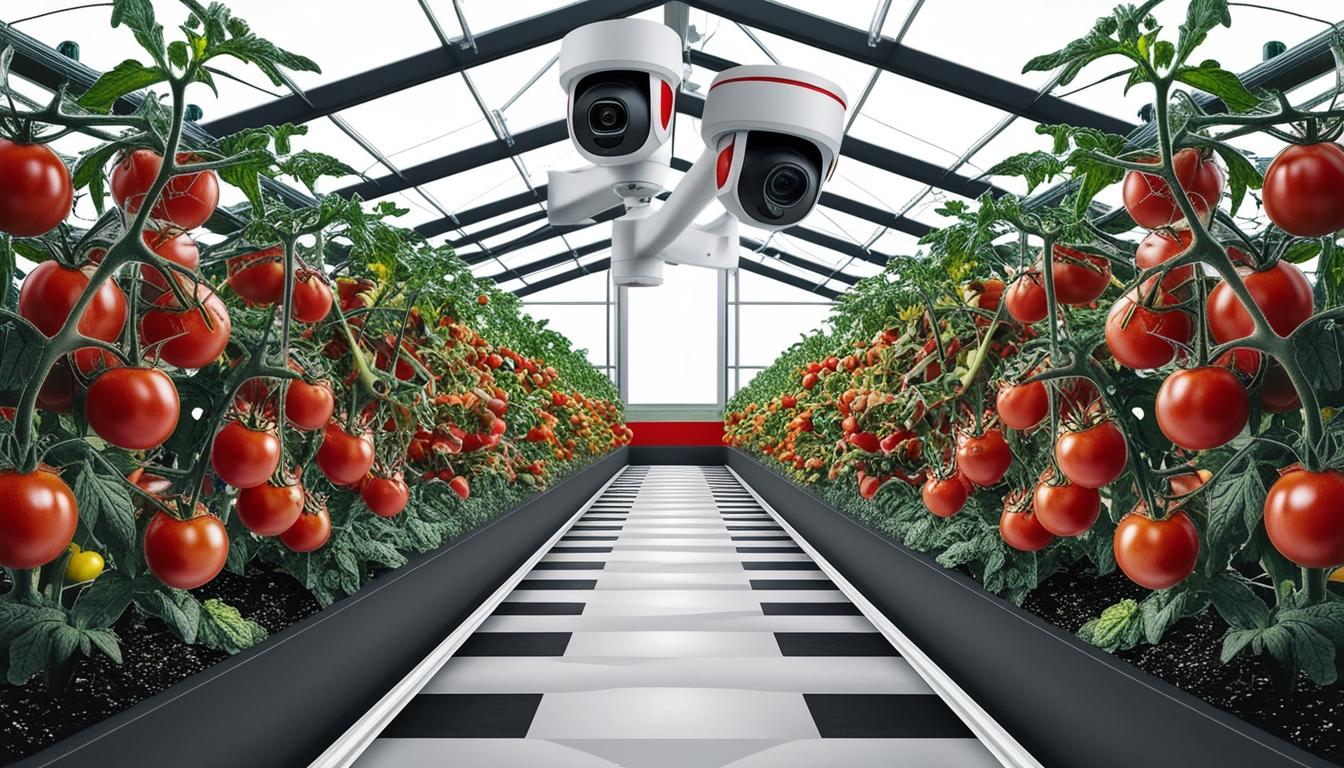In a notable development within the intersection of artificial intelligence and agriculture, Valeria Kogan, a former Ph.D. student in bioinformatics, has ventured into a sector ripe for innovation. Since she launched her startup, Fermata, in 2020, the company has made strides in leveraging AI technology to enhance crop monitoring and disease diagnosis in greenhouse farming.
Kogan, who began her academic journey in 2017, had initially envisioned a career path centred around mathematics and biology. However, after the resurgence of interest in AI during the late 2010s, she found an unexpected opportunity in agriculture. A tomato grower, seeking assistance in applying AI technologies to monitor plant health, connected with Kogan, prompting her to consider how her bioinformatic skills could translate into this new sector.
Speaking to TechCrunch, Kogan explained the parallels she recognised between the challenges of diagnosing plant health and her previous experiences. "You want to see and make the diagnosis as fast as you can," she elaborated, highlighting the urgency intrinsic to both bioinformatics and agricultural health monitoring.
Fermata, based in Tel Aviv, has developed computer vision software capable of analysing greenhouse crops for signs of diseases or pests. The system operates with standard cameras, capturing images of crops twice daily. The company’s proprietary AI model then assesses these images and sends timely alerts to farmers through a dedicated app, allowing for swift intervention and treatment.
Kogan acknowledged the historical difficulty faced by tech companies attempting to introduce AI solutions into farming practices. While she believes that Fermata has yet to capture a significant share of the market, she attributes their growing traction to a customer-centric approach. Unlike many competitors, who may have focused on selling technology without understanding genuine farm needs, Fermata actively seeks to understand the challenges faced by greenhouse operators.
Reflecting on their early strategies, Kogan recounted a learning experience: "The original idea that I had was let’s build the robots that will be moving through the greenhouse... we did the first mistake, we built things before talking to anybody." This misstep led to a shift in strategy towards collaborative data collection and product tuning.
In a distinct move, Fermata has maintained its data labelling processes in-house, which Kogan believes contributes to the accuracy of their AI algorithms. Initially reliant on publicly available data, the startup has since transitioned to using data gathered directly from their customers' operations, with a dedicated research centre for testing how plants react to various diseases.
Fermata's collaborative approach has evolved as well. Initially aiming to partner with businesses already selling to farms, the company witnessed a change in fortunes with the AI surge in 2022, allowing them to engage more directly with farms and to collaborate with major agricultural entities like Bayer and Syngenta. Although specific growth metrics were not disclosed, the company has successfully deployed over 100 cameras in the field.
To support its future expansion, Fermata recently secured $10 million in a Series A funding round, all from Raw Ventures, a European venture capital firm that was already an investor. Kogan indicated an intention to use this investment for scaling operations and aiming for profitability by 2026.
Despite currently focusing solely on greenhouse-grown tomatoes, Fermata is actively exploring opportunities to broaden its crop offerings and enhance its network of partnerships. As AI continues to reshape agricultural practices, companies like Fermata are poised to play a critical role in transforming traditional farming through technology.
Source: Noah Wire Services
